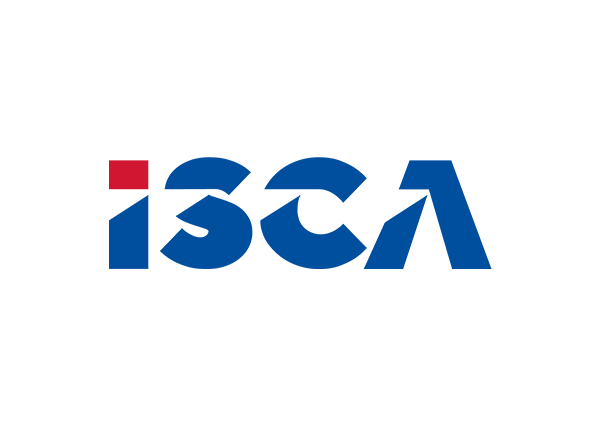
Vesterbrogade 6D 1620
Copenhagen V Denmark
The International Sport and Culture Association (ISCA) is a Denmark-based NGO whose primary aim is to enable global citizens to enjoy their “human right to move.” ISCA believes that movement not only improves physical health but also has the potential to regulate social behaviour and create a sense of belonging, which, in turn, leads to a more inclusive society. ISCA membership is open to all organisations working in the field of grassroots recreational sport and physical activity.
Founded in 1995, ISCA has grown from a small initiative supporting grassroots sports organisations to an influential global body with over 130 affiliated organisations representing more than 22 million individual members. ISCA membership allows these organisations to participate in innovative projects and campaigns, collaborate across sectors and countries, access free resources and online courses, and attend conferences and seminars.
ISCA believes that everyone should have the chance to participate in international activities such as festivals, exchanges, and sports tournaments. ‘Culture’ refers to any cultural activity involving physical movement, including dance, traditional games, street performances, and festivals, as well as sedentary cultural activities that encourage movement.
One of ISCA’s primary events is the MOVE Congress – one of the few conferences in the world focused solely on recreational sport and physical activity. Since 2009, the MOVE Congress has been held in Copenhagen, Frankfurt, Paris, São Paulo, Barcelona, Rome, Birmingham, Budapest, Madrid, and Brussels. ISCA is also one of the organisations behind “Inspired by Denmark”.
ISCA primarily targets non-governmental and voluntary sport organisations from around the world, focusing on three key areas: activities, education, and policy-making. In addition to promoting events and administering educational programmes, its objectives also include supporting cross-border understanding and promoting sport as a bearer of cultural identity.
The organisation is governed by an executive committee of seven members and is steered by continental and technical committees. Its secretariat is based in Copenhagen.